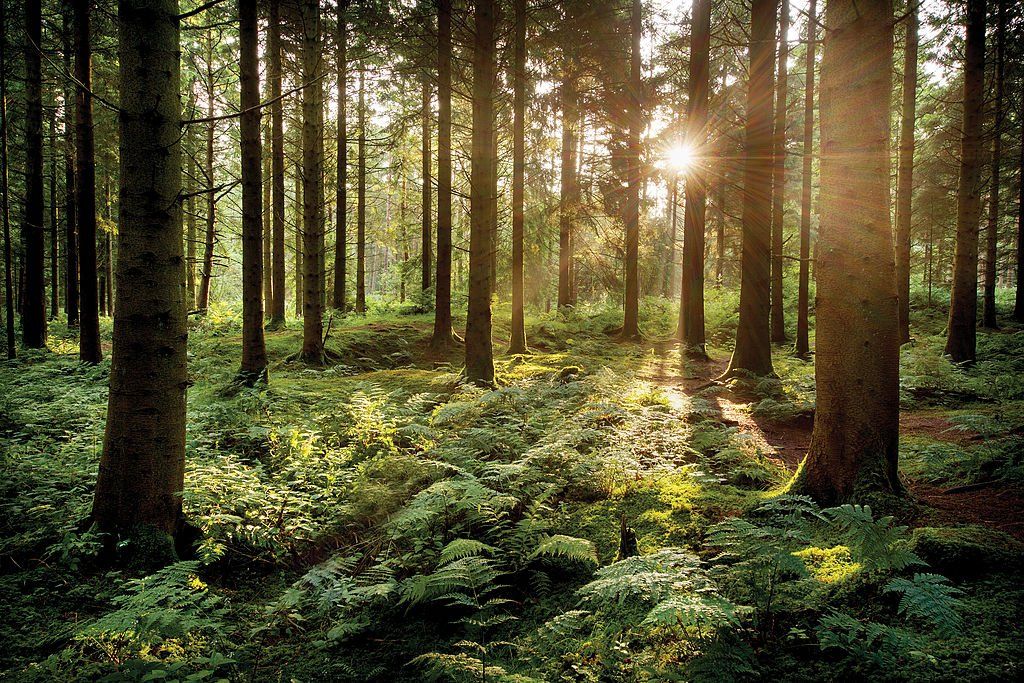Leading climate experts have said that technology to remove the planet-warming greenhouse gas CO2 from the atmosphere must be urgently ramped up.
The scientists said that big cuts in CO2 emissions won’t be enough to limit global warming and that nature alone will not remove enough of it from the air.
“To limit warming to 2C or lower, we need to accelerate emissions reductions. But the findings of this report are clear: we also need to increase carbon removal too,” says lead author Dr Steve Smith from Oxford University. “Many new methods are emerging with potential.”
Read also: Survey shows natural disasters affect Australians’ mental health
Scientists have agreed that the world is warming primarily because emissions of CO2 (estimated at 33 billion tonnes in 2021) far exceed the amount that is being removed (this report suggests two billion tonnes a year). And until emissions and removals are balanced – so-called “net-zero” – global temperatures are predicted to rise.
But getting there won’t be easy as the latest UN climate reports has shown that to fully achieve “net zero”, there will need to be some CO2 removal, so-called “negative emissions”, to compensate for sectors that can’t easily decarbonise.
Currently, almost all of the world’s CO2 removal occurs through natural processes. That’s primarily plants and trees taking in CO2 from the air, and the soil absorbing and storing it. But there are limits to how much nature can do.
Story was adapted from the BBC.
